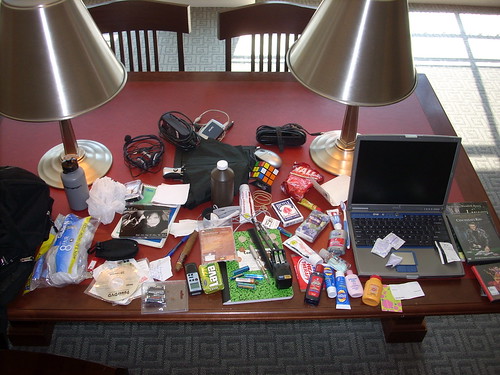Orlando Centennial 8/27/07
David Pirtle thought the worst of homeless people. They were bums, derelicts, worthless.
They were lazy, crazy and smelly.
It was a notion he believed as a teen and a young adult."Right up until I became homeless," he said.
"It is one of those things where we are going to allow the community to hear about the policy and to educate folks on the cost-benefit analysis approach to homelessness," Mendez said. "It costs the community just as much to allow someone to be homeless as it does to provide them with permanent housing, which ends homelessness. That is the only way to end homelessness." Mendez told the Neighborhood Institute members that it is costing communities more for police and emergency personnel to constantly respond to situations on the street involving the chronic homeless, than it is to build permanent housing for the chronic homeless and to offer them services to get them off the street. Any of Us Could Be Homeless Advocacy is a big part of making change, in fact, it may the key to change, and anyone can be an advocate. From individuals who are experiencing homelessness or have experienced homelessness in the past, to the heads of government agencies, to casual volunteers who write for the local paper. Why not join the masses? You can easily be an advocate too, without it taking up too much time. Just post a news article or video from youtube on your blog every so often. Say hello to the panhandlers you meet on the street and ask them how their day is rather than looking down as you walk by and then feeling guilty later. When you see or hear your friends or family making uninformed comments fill them in, it could be them. It could be me. It could be you.
Expert on Homeless Issues to Speak
Herald-Dispatch 8/27/07
TheDay.com 8/27/07'What makes homeless?” My husband and I were passing out fruit in New London's homeless shelter last week when a resident asked us this question. That morning The Day had reported on a public hearing the night before where neighbors of the proposed new Jefferson Avenue homeless shelter had come out in force to voice their opposition. Their comments had ranged from suggesting that shelter residents were pedophiles to complaining that their property values might go down.



